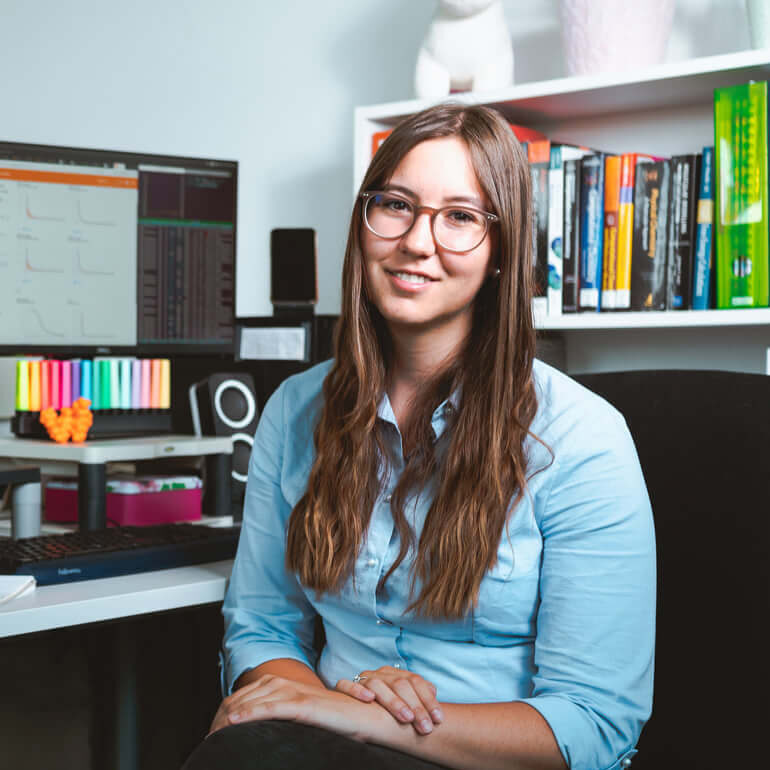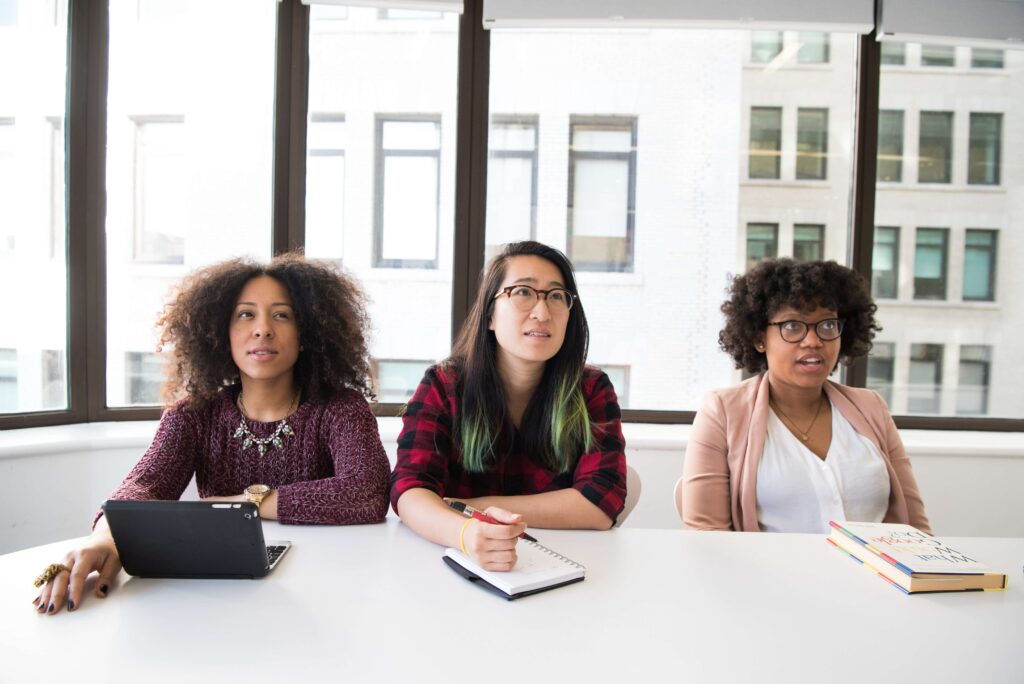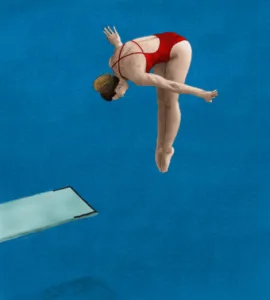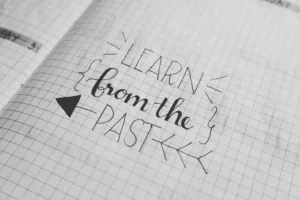I felt I had everything that was relevant for starting a PhD. I had obtained a master’s degree, secured a supervising professor, the opportunity to work in their lab and funding from the university which all accumulated to a super exciting project. I was very ambitious to get started with my PhD journey. I knew I would learn a lot and it would be challenging, which were two great motivations for me. In the first week, I had a meeting with my professor where we discussed the project and how we would begin. At the end of the meeting, he recommended that I apply for a PhD scholarship which was initially overwhelming. He told me that it would stand me in good stead for a scientific career and could imagine me as a scholarship holder.
First impressions.
Indeed, I thought about it and checked out the scholarship in more detail. I was anxious but also positively excited. On the scholarship page there was a list of guidelines and requirements, that were all applicable for me. However, there was a huge list of application and project documents which shocked me.
I took a deep breath and started reading. A CV, previous university qualifications, letter of recommendation by a supervisor. In all honesty, these are not difficult to prepare. Update the CV, search for diplomas, ask my professor to write a recommendation. In sum there were 11 points, with long descriptions. Only two of these were challenging; the letter of motivation and the project exposé itself. The letter of motivation included my previous academic activities, a career plan, what the fellowship would mean for my future career and the motivation for the chosen field of research. I believed I could do this and in the end it was the only document of the proposal I doubted. The challenge ahead motivated me.
Troubles getting started.
Although I was initially motivated, I didn’t begin right away. In the first few weeks of my PhD there were many different things to organise and I was still working on projects that I had begun during my masters’. Alongside this I was reading up on the literature, and detailing the project for my PhD.
In the first few months, there were also two conferences coming up that I had to prepare presentations for introducing my project. I was doing a lot of reading, preparing for presentations, thinking about how to make it sound exciting to others. Weeks passed and I was completely disregarding the scholarship. In the middle of preparations, I suddenly remembered that I wanted to start writing. I was checking the submission deadline and I suddenly felt very stressed. I knew that I had to start now or never.
Finally, starting to write.
On the website, I once again had a look at the exposé guidelines which suggested around 10 to 20 pages excluding the bibliography. That is a lot! The proposal ought to include the general aims that define the problem, with a detailed discussion of the problem, methodological considerations to solve the problem and finally the steps that would be taken to achieve resolving the issue, with a corresponding timetable.
I was further delving into the literature and set up a bibliography which re-motivated me relatively fast. I recognised that the preparations for the presentations were in-fact useful. For example, designing figures was beneficial to explain the project scheme pictorial. For the time being, I stopped working on the project to read and write more. After some weeks I had finally written an introduction, however when reading it back I felt it didn’t read well. Some parts were too detailed, without covering everything I would like. I reviewed it, and soon I had a first paragraph. The second part wasn’t too difficult as it was just detailing the first.
Finish?
This was the most difficult part. For the last chapters I had a rough outline but it had to be more specific and detailed. After I had met my professor for a project discussion, everything was clarified and it helped me a lot. However, time seemed to be flying by. When considering what was still missing for the exposé and which other documents were required to organise, it made me worry again. I was torn. I did not know how to manage finishing the application and it made me feel weak. I was working a lot could not see the end in sight. I seriously considered stopping writing and just working on my project.
One weekend, distraction helped me by stopping me continuously thinking about the application. But, the next week I didn’t want to continue. However, a supervising post-doc asked me how I was doing. As I wasn’t really satisfied with the progress I had made, he said I could show him what I had done so far. Basically, he brought me back to writing with his support. He liked it a lot and had a few ideas to improve. I was trying to trust in myself and continued. Between writing, I made breaks which I used to prepare the other missing documents. I learned to use my time more efficiently.
While writing the motivation letter, I was close to give up again. I felt like I was not motivated or good enough to apply for the scholarship. Everything I wrote to express my ambition sounded overdone and exaggerated in a way.
Finally, I finished everything and gave the proposal to my professor. I was very happy about his comments and the short message he left for me. I was so glad for his recommendation, the things I had learnt while writing and that I made it through the writing process in the end, even with obstacles. However, I somehow still had the impression that I had lost the last few months.
Why I would write it again!
I didn’t need to write it due to financial reasons as I was already employed. However, even though it was exhausting and fraught, I would still write the application again. Here are the main reasons:
1) Writing a scholarship proposal means dealing intensively with the subject.
You will dive deep into the theory right at the beginning, which is a huge benefit.
2) A proposal requires building up a bibliography. This might be demanding but is an advantage for the whole PhD. You will collect the most important and fundamental literature relevant for your project, which you can complete later.
3) Scientific writing is an essential skill. It is a good idea to get into a writing routine from the beginning.
It might help to identify weaknesses and how to deal with them and you can get a feeling
of your pace to plan future projects better.
4) Dealing with deadlines is also noteworthy.
You might find out if you like to start early to prevent stress at all, or if you work more efficiently close to a deadline.
5) Organising things is important. Even if you are good at it, planning projects might be a different thing.
Writing a proposal is a little project, that could be a good preparation for writing a publication or the thesis.
6) Your proposal will get reviewed. The reviewers’ statements, no matter if praise and criticism, or comments and ideas, might be very useful for you. Learning from it and improving your project could be a beneficial input for your research, even if you will not get awarded the scholarship.
7) You have the chance of receiving the scholarship, what would be a prestigious accomplishment.
It would make your resume stand out and could benefit your academic career.
Some important remarks.
I always distinguished between working on the proposal and PhD work. However, reading and writing, discussing work with colleagues, presenting at a conference, are all work and it is not time lost engaging in these activities.
An accepted scholarship feels like the only aim. However, the complete route of writing it is essential, the learning process, the endurance and many more factors.
“The journey is the destination“ – Confucius
The decision!
After submission, the PhD continued. I had just had a priceless experience. The most important point was the benefit from intensely dealing with the topic.
Firstly, waiting felt endless, but at one point I even forgot about it. About 8 months later the decision letter arrived. I was a bit nervous opening it, but was prepared for both outcomes. When I realised I received the scholarship, I was so glad that I had not given up while writing and trusted in myself.
Reading some of the reviewer’s comments was disappointing though. I thought the decision must have been wrong. Now I know, one just has to deal with criticism and use it as an advantage!

